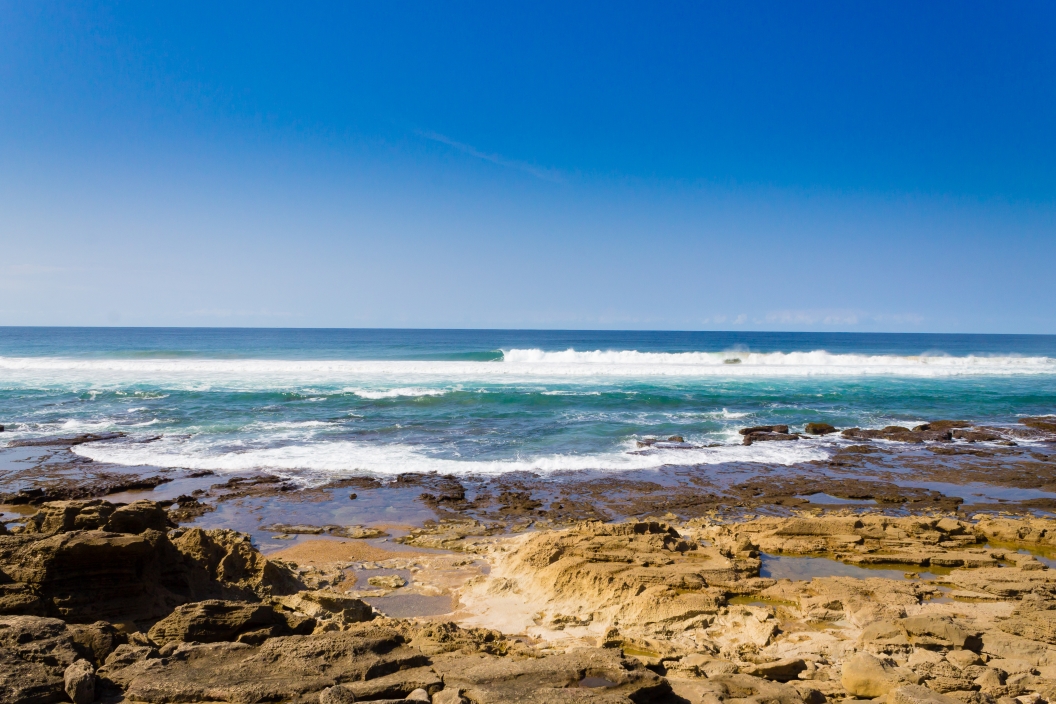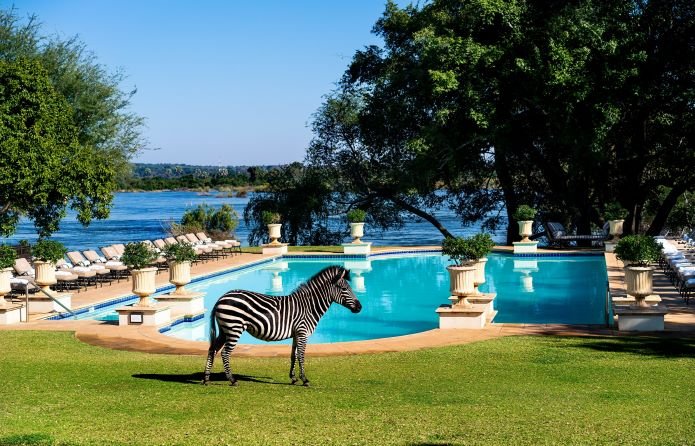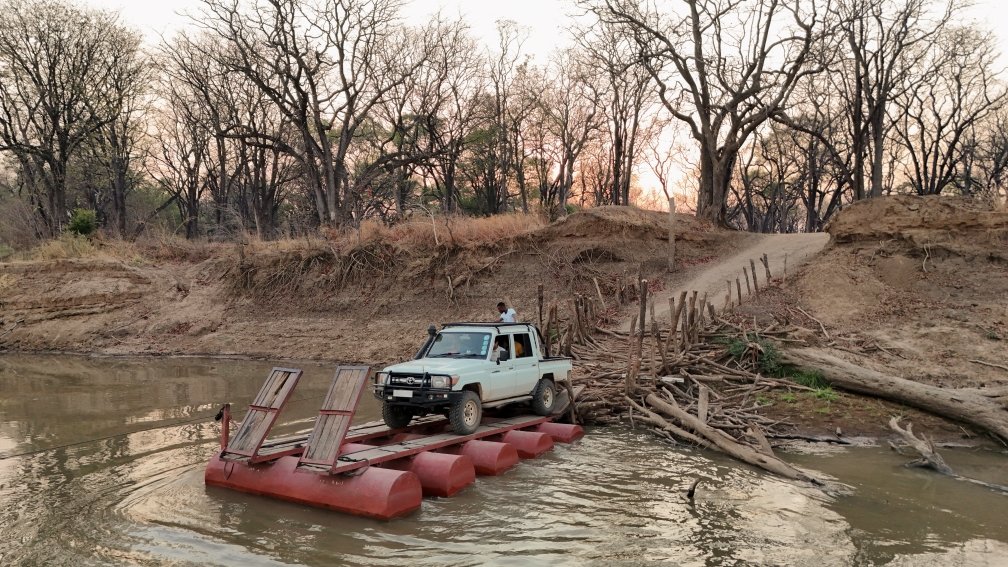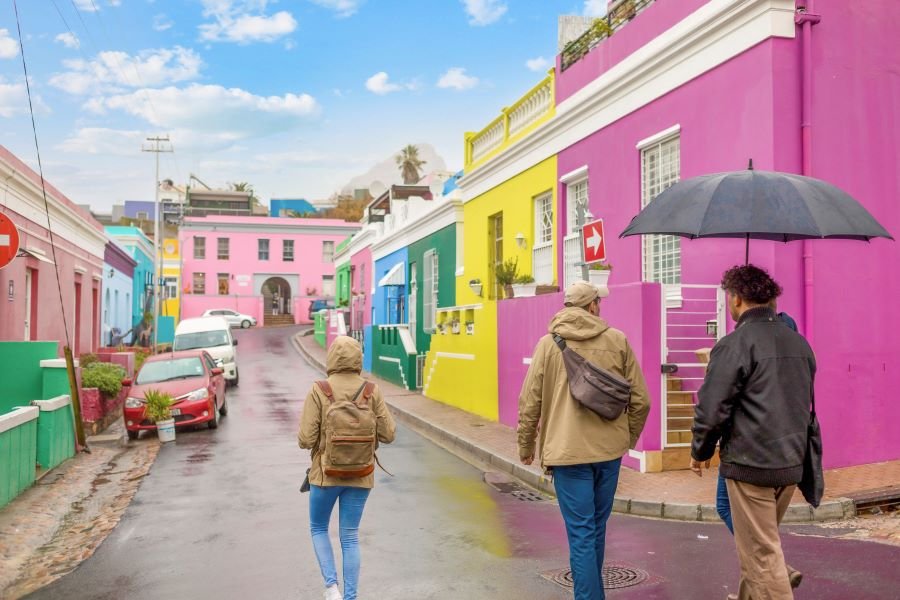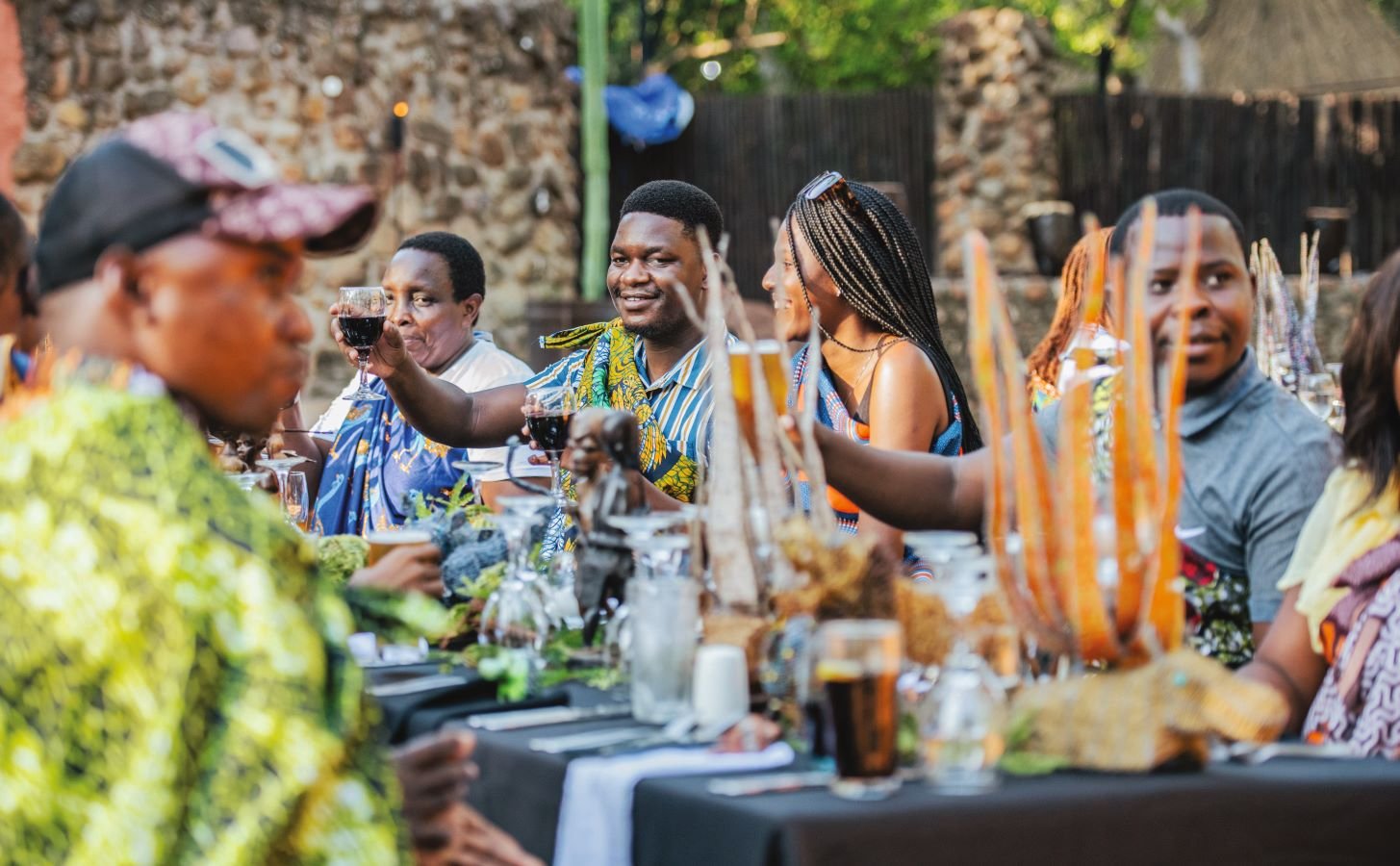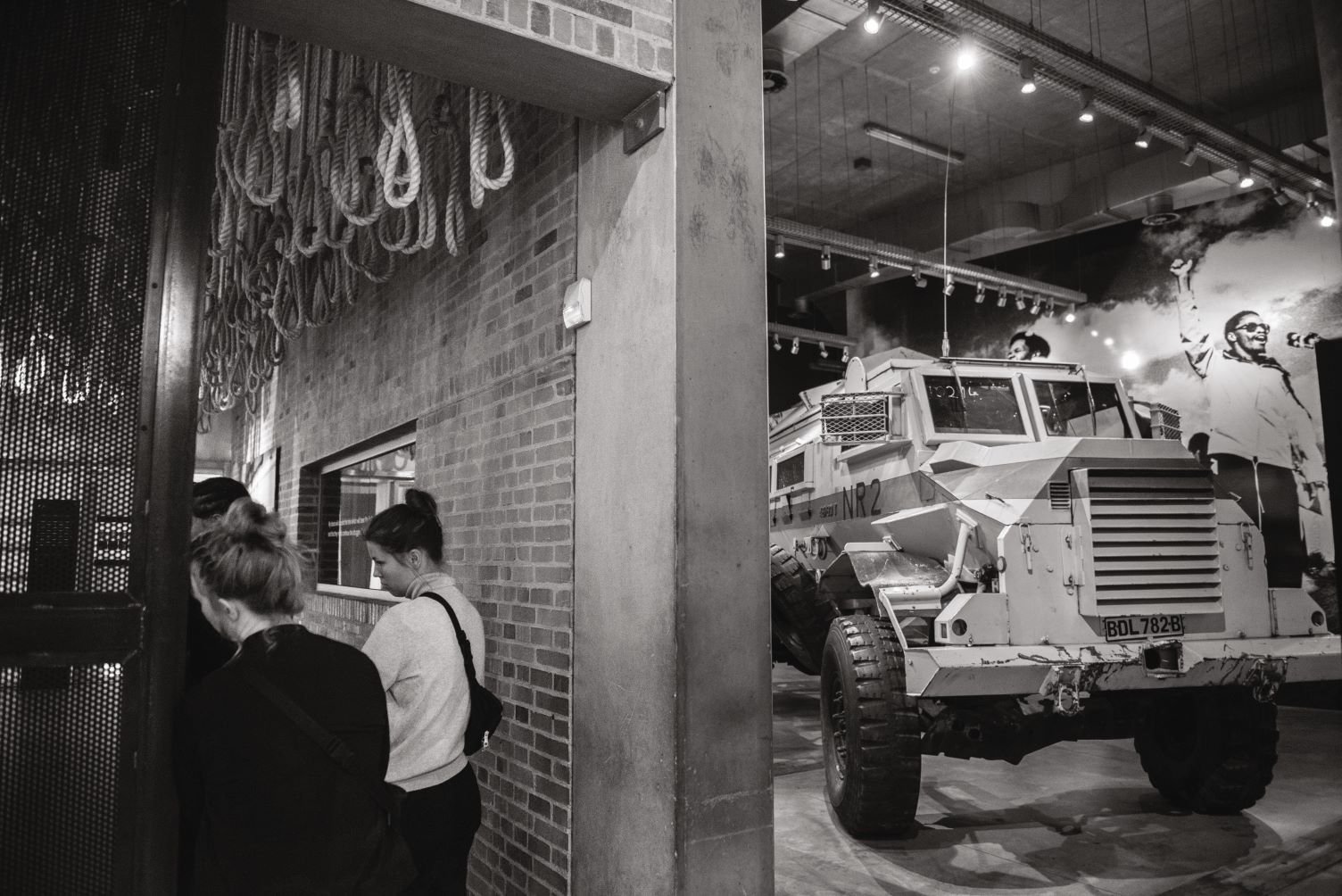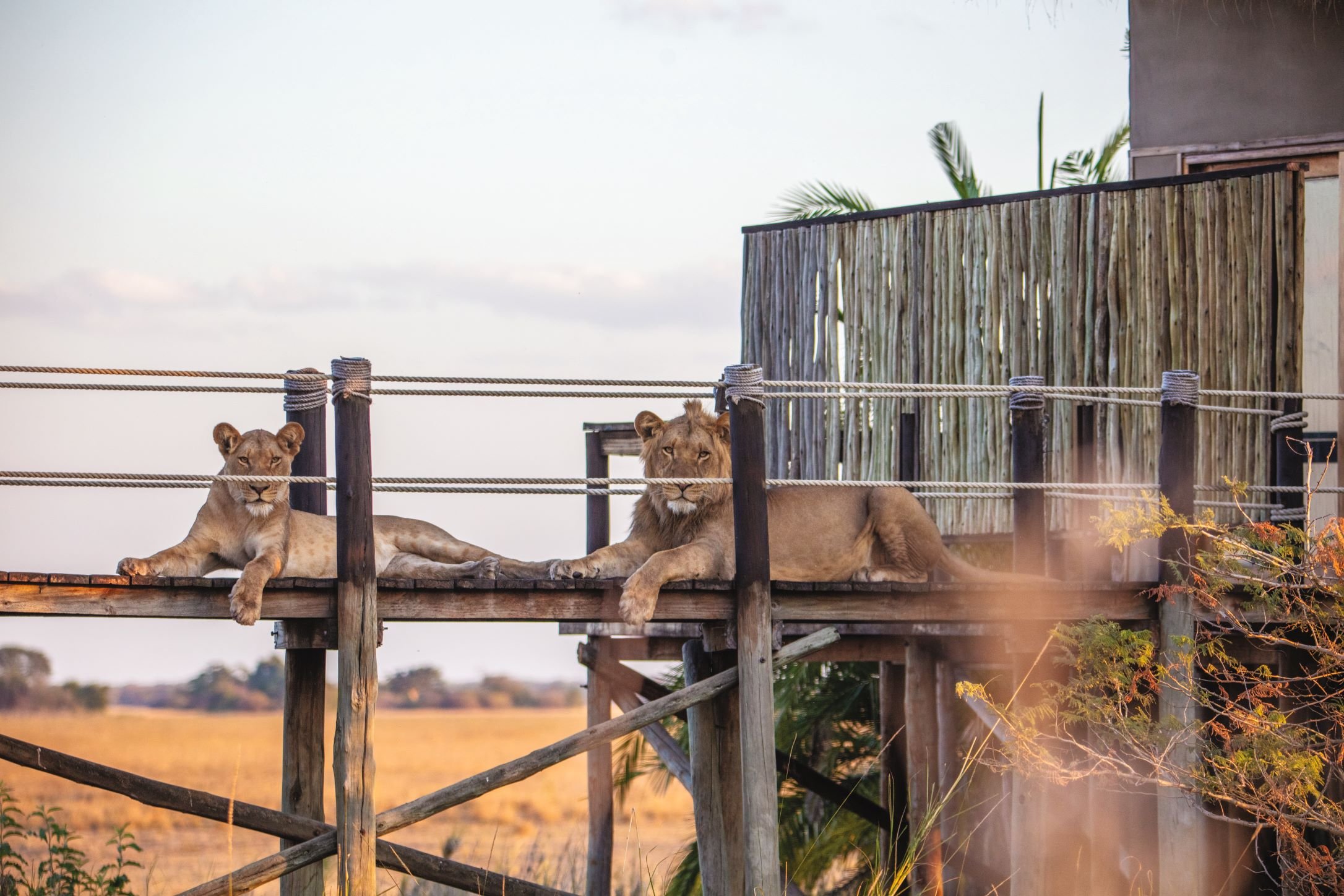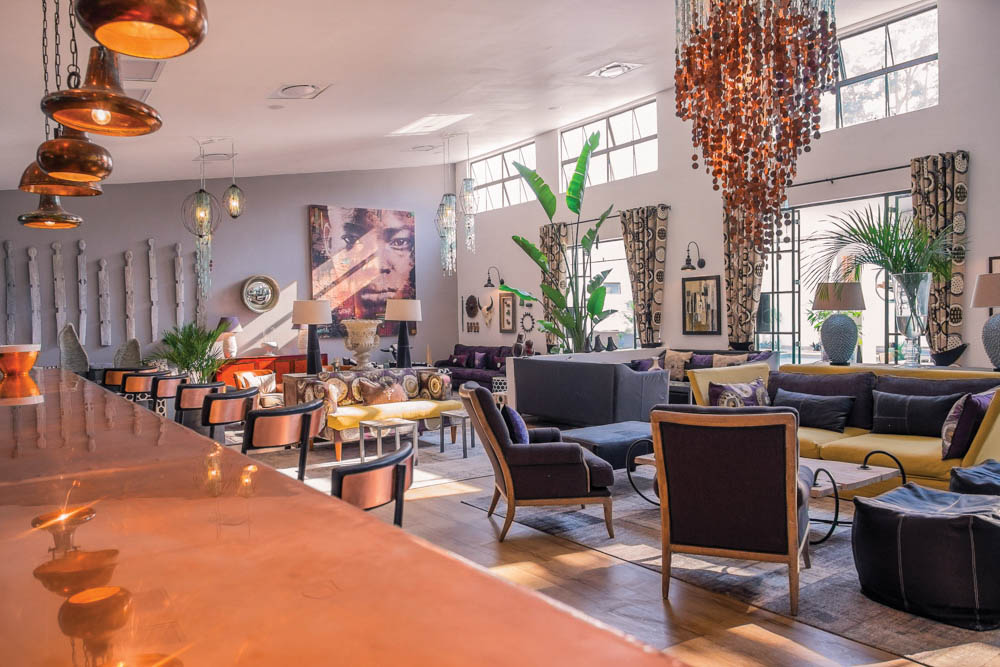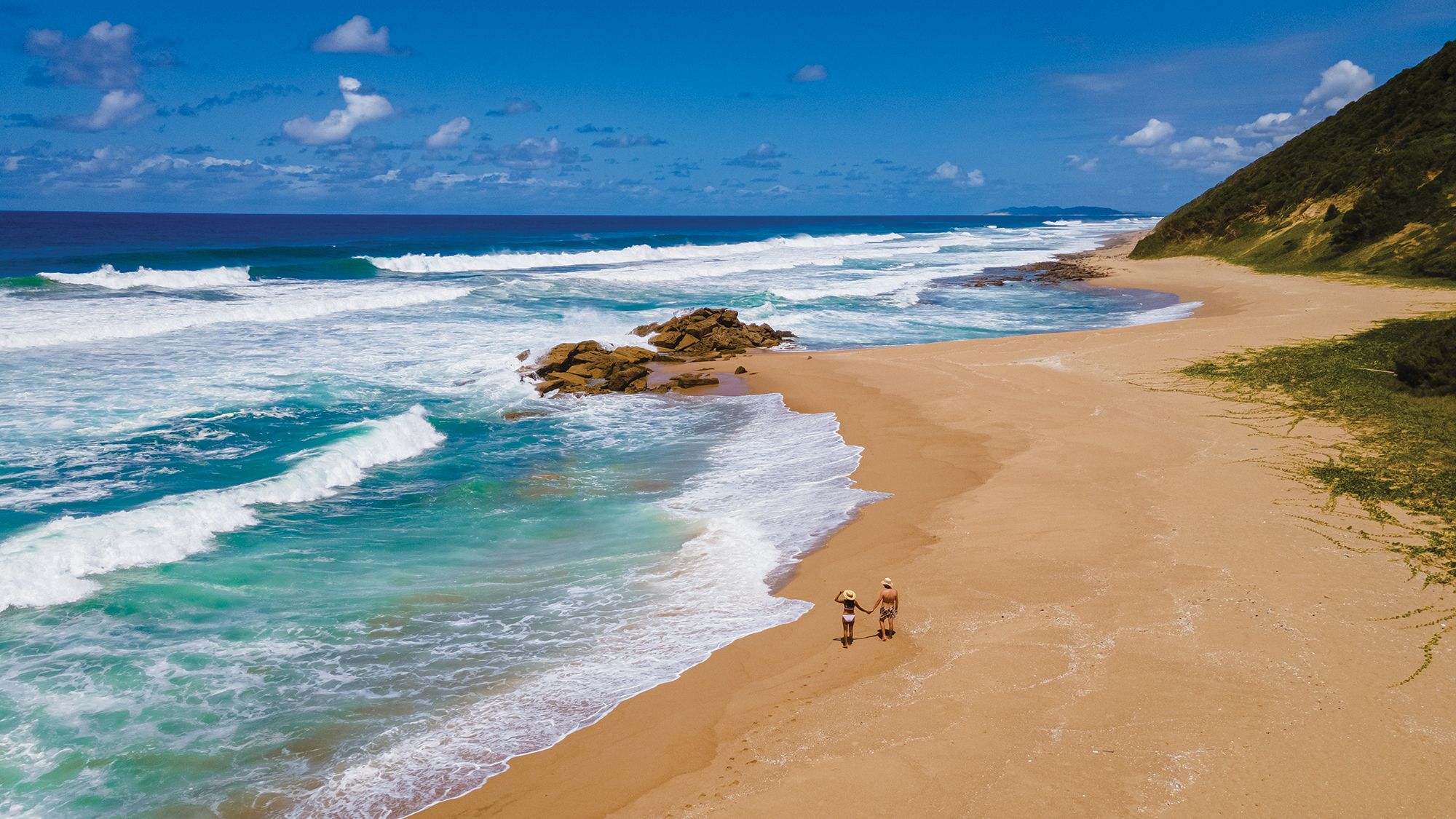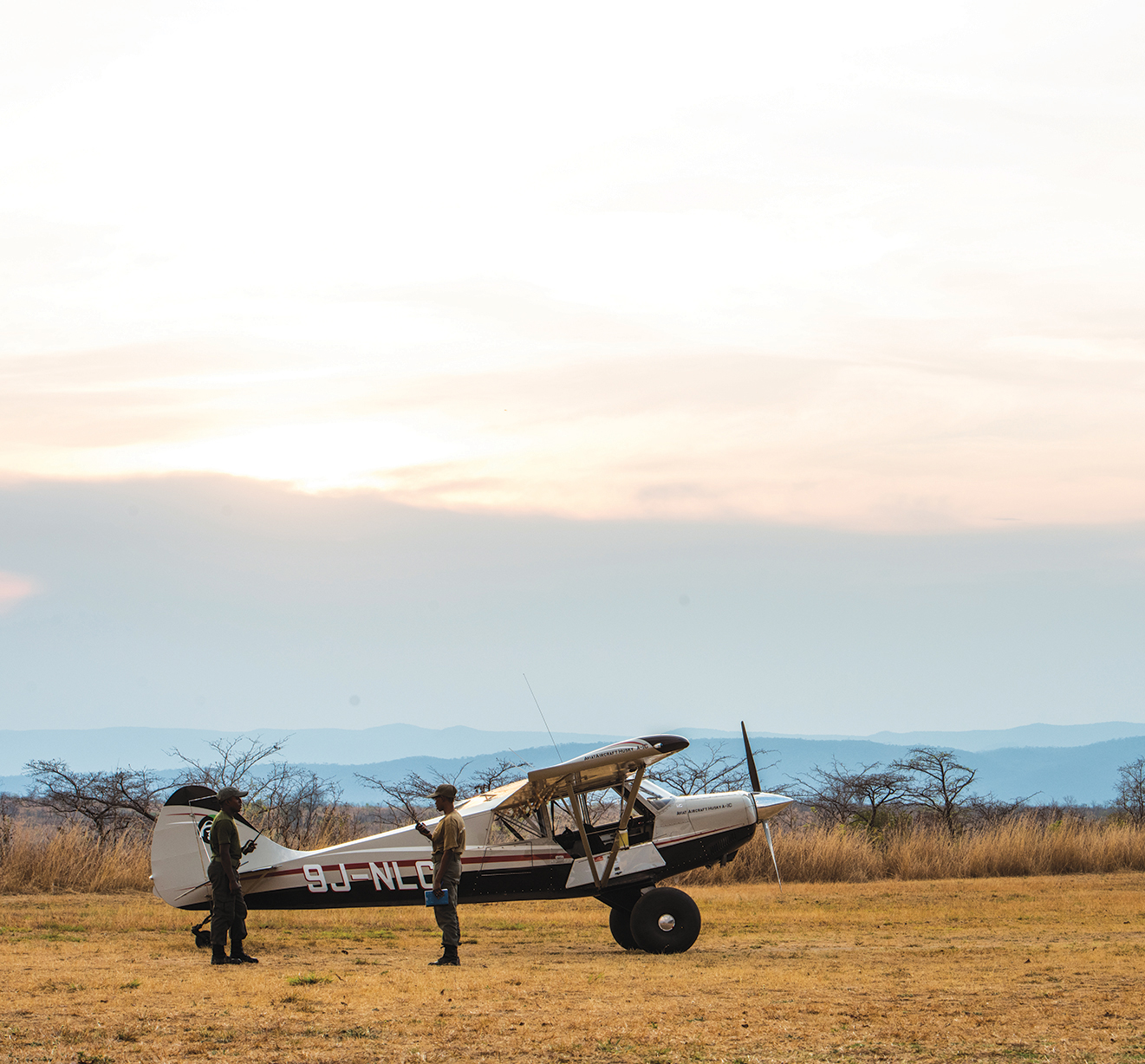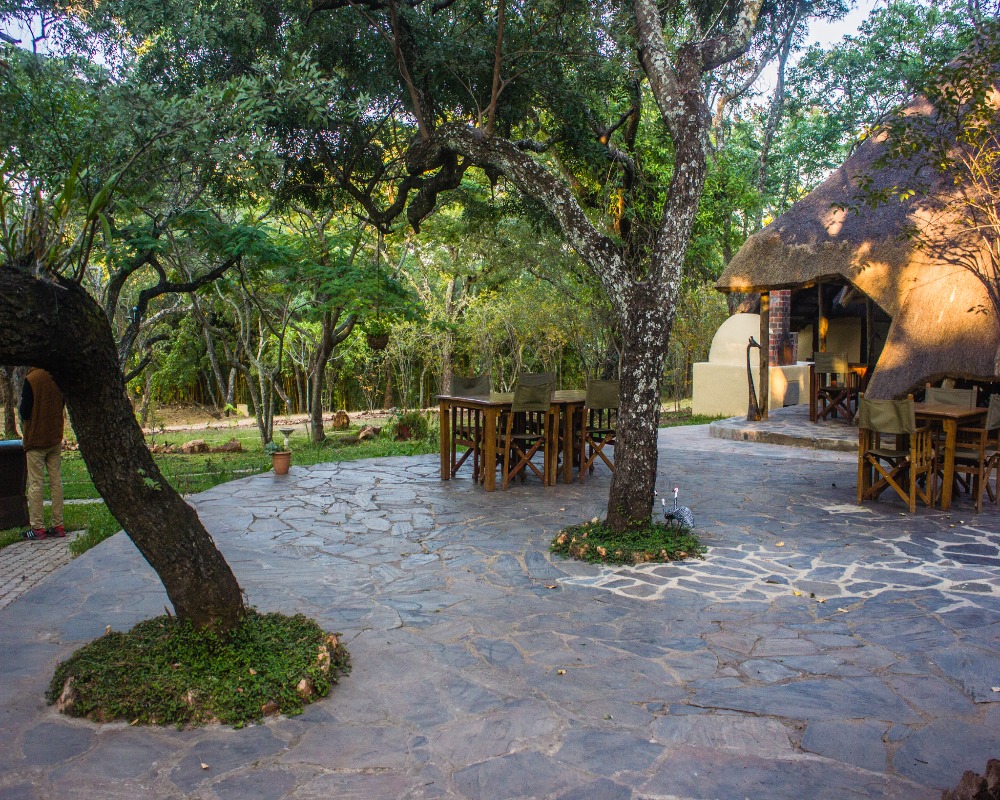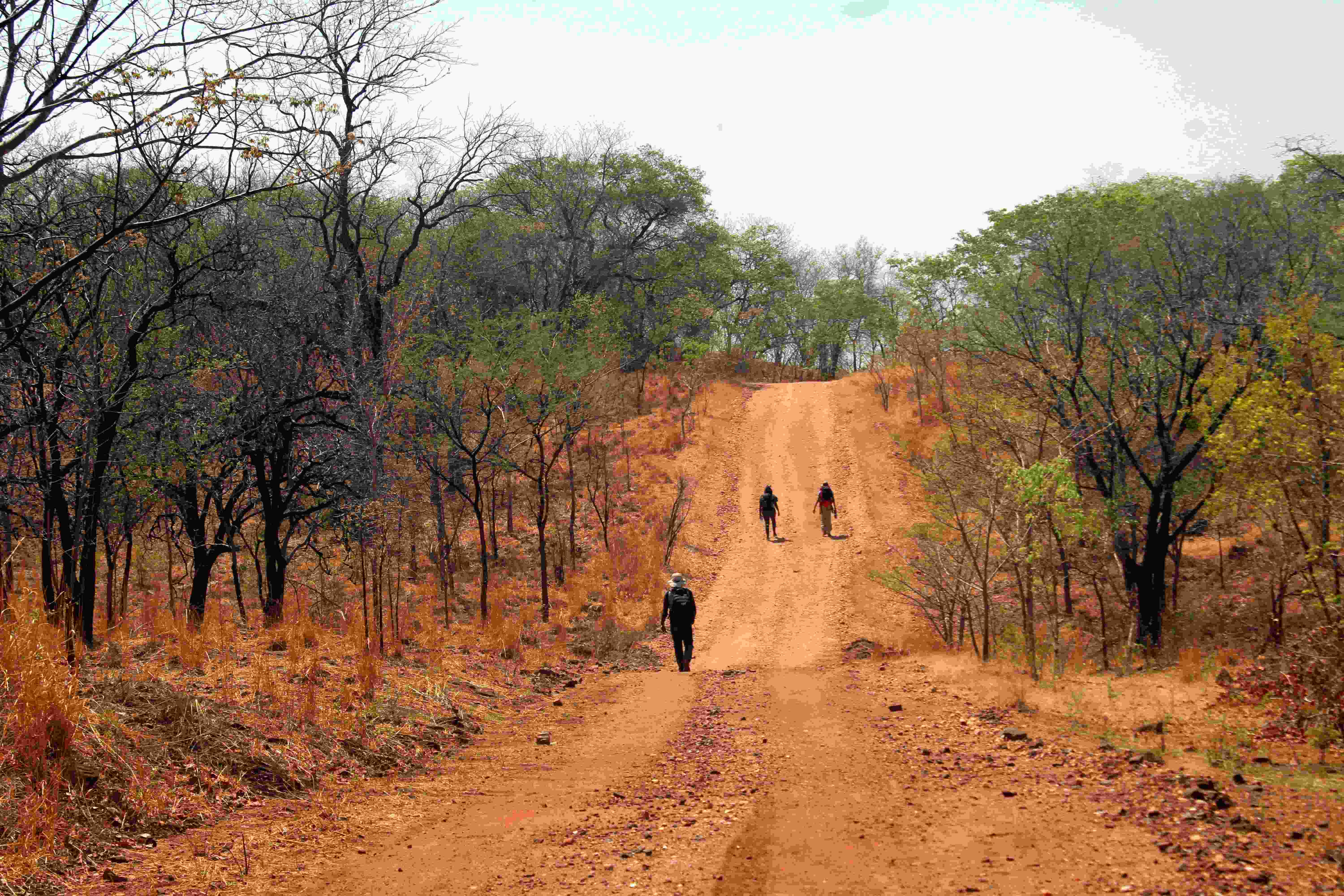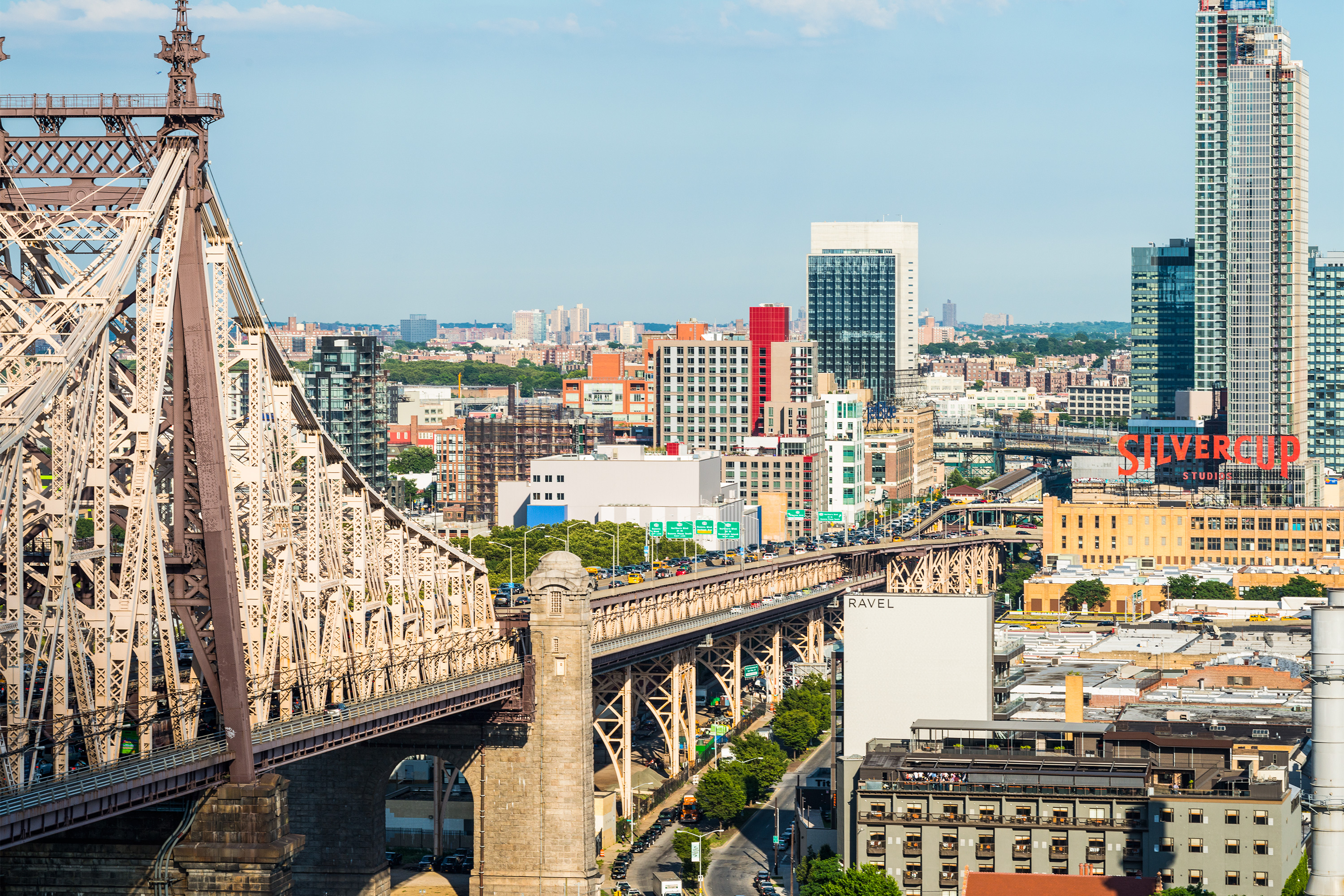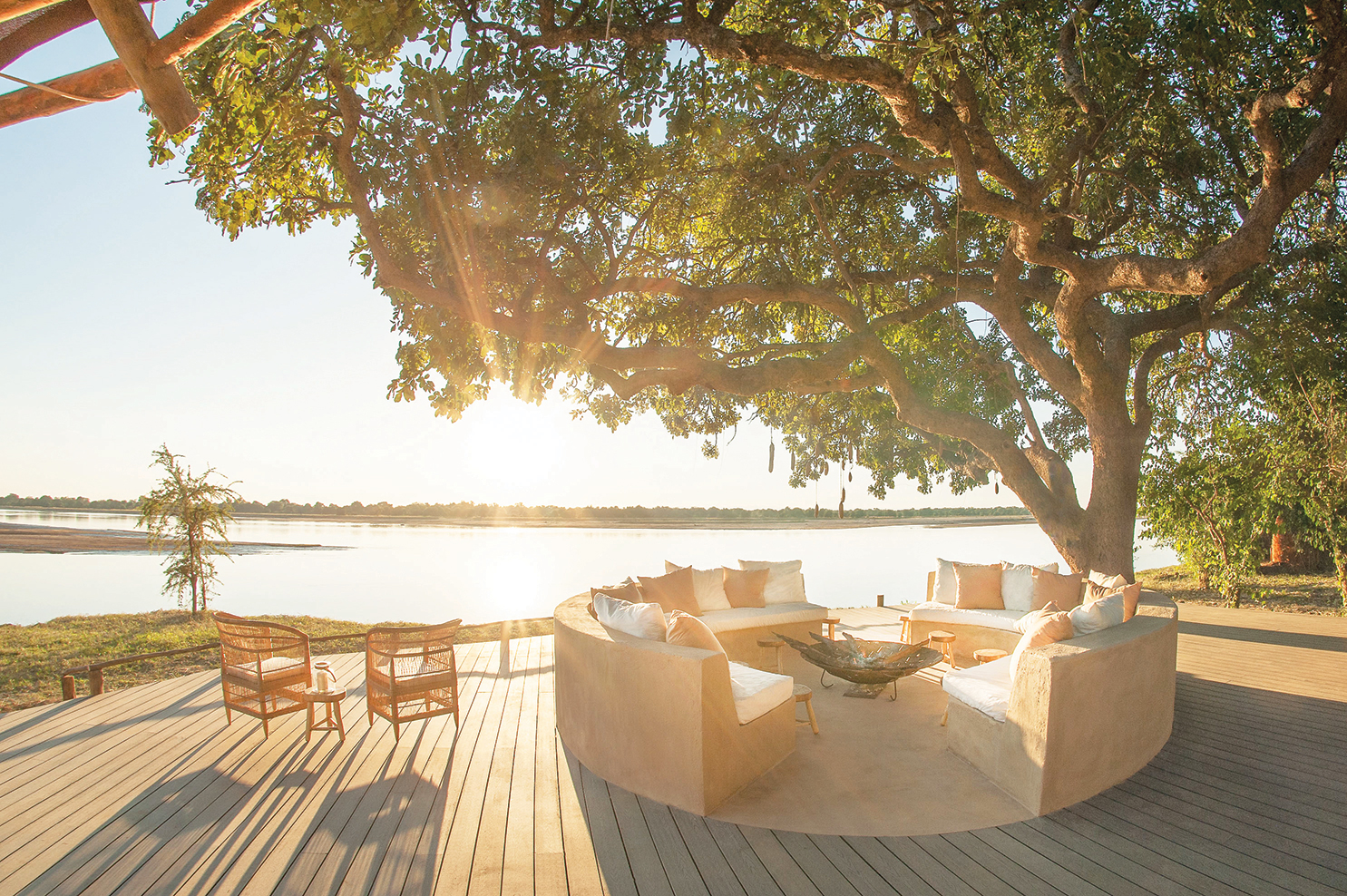Shiwa Ng’andu estate is without a doubt one of the most fascinating and unique destinations in Zambia.
Shiwa is located in the northernmost part of Zambia amongst the rolling granite hills that form the tail end of the Great Rift Valley, an area of unsurpassed natural beauty, the “Real Africa”. At Shiwa an intricate and mesmerizing African history, both Ancient and Colonial delights and intrigues both past and future guests to the estate. The estate combines this rich and varied history with a world-class private game reserve that is home to over thirty species of wildlife and over two hundred species of birds. The wildlife reserve covers an area of twenty-two thousand acres of breathtaking terrain and boasts a large natural lake at its center, one of the largest privately owned bodies of water in Africa.

The guest experience at Shiwa Ng’andu is truly unique. Guests enjoy complete access to the estate, from the extensive historical archives, the wildlife reserve and lake to the day-to-day workings of the estate farm. Relaxed morning drives, horse-riding through the hills, fascinating historical tours and indescribable afternoon sundowners looking across the lake, make the Shiwa Ng’andu Estate an unfishable destination when travelling to Zambia and earned it a prestigious nomination for the’ ‘Best Safari House” at the 2009 Good Safari Guide awards.
The relaxed atmosphere and truly warm Zambian hospitality of all at the Shiwa Ng’andu Estate ensures that every guest feels truly at home and very much a part of the estate’s incredible history and culture.
Shiwa is approx. 800 km from Lusaka, but has its own airstrip so can be easily reached via charter flights from either Mfuwe, Ndola or Lusaka. The roads from Lusaka are generally in good condition so it is possible to self-drive and experience the beautiful Zambian countryside on the way to your destination. Although both houses only have four guest rooms, it is possible to make arrangements for larger family groups. The small, beautiful and ornate chapel at the main house has often been made available for select weddings with a truly unique atmosphere for those special occasions. Please contact us directly with regards to special events and other special requests.
The estate is open all year round to guests, although day visitors wishing to have a guided tour of the main house are only accommodated between the hours of 9-11 am every day, after which they are invited to self-drive in the game areas. Shiwa has a mild climate and is considered a fairly low risk malaria area making it perfect for family groups.
Steeped in African history, exclusive Game and Bird walks and drives, community interaction, a visit to an iron age archaeological site, boating or fishing on the lake, a day trip to see the working farm, early morning climbs in to the Swamp Hides to see the rare and elusive papyrus dwelling Sitatunga antelope and forest walks to see the little Blue Duiker, there is plenty to do and see. The guides are experienced and knowledgeable and a diverse variety of some 22 other mammal species inhabit the area. The bird life is prolific with over 375 different species of birds and enthusiastic guiding from either Jo & Charlie Harvey makes this a rare treat for guests. A good mornings hike and climb up Nachipala Hill is always a challenge for the most ardent walkers wanting to take in David Livingstone’s Memorial.
Sir Stewart’s legendary Kapishya Hot Springs are a short drive away and what could be a better way to soak away the enjoyment of horse riding or a busy day than sitting in the springs with a drink and convivial companions recounting the days events and the African Adventures to come.
The accommodation options on the estate are:

Shiwa Ng’andu Manor House –
Sir Stewart’s eldest daughter Lorna and her husband John Harvey took over and ran the ailing estate in 1955 until their untimely death in 1992. Lack of funding and difficult country economics saw Shiwa fall almost beyond repair until 1999 when Sir Stewart’s eldest grandson, Charlie his wife Jo and two children Tom & Emma took it over and lovingly restored the farm and house to original grandeur. Today, the house, the library , estate and incredible archives are open for guests to visit.
Shiwa has four comfortable en-suite guest rooms, furnished with most of the original pieces from Gore Browne’s era creating a feeling of by gone times. Simple hardwood fittings with unique paintings and photographs decorate the walls and each one provides a story and memory to be recounted to inquisitive guests during afternoon tea or sundowners on the lake shore.

Meal times are an opportunity to sample the delicious farm produce and sit at the original dining room table that Shiwa Manor House Gore-Browne frequented in full dress whilst entertaining various dignitaries, from Zambian President’s, European Royalty and friends from around the world. At Shiwa House you are guaranteed a warm welcome from the Harvey’s who pride themselves on imparting their knowledge of history and stories surrounding Shiwa and Zambia.
Impandala Farm House –
Nestled in a heady grove of tall trees, 10 minutes drive from the main house, is Impandala House. This is the most beautiful of farmhouses with dramatic views and originally built to house a pair of Scottish missionaries translating the bible from English to Bemba. The house has four spacious and light bedrooms – two en-suite, a warm, hospitable lounge and dining room opening on to a typically colonial all round veranda that offers spectacular views down to the lake. Despite being a smaller version of the main house it commands its own impressive history and lays claim to being the location for Dr. Kenneth Kaunda’s incarceration and the final signings of the Declaration of Independence of Zambia back in 1964. The surroundings and gardens are regularly visited by game, making it a peaceful haven for bird spotters and are often referred to as a ‘writers paradise’ and those who wish to escape the stress of modern day living.

